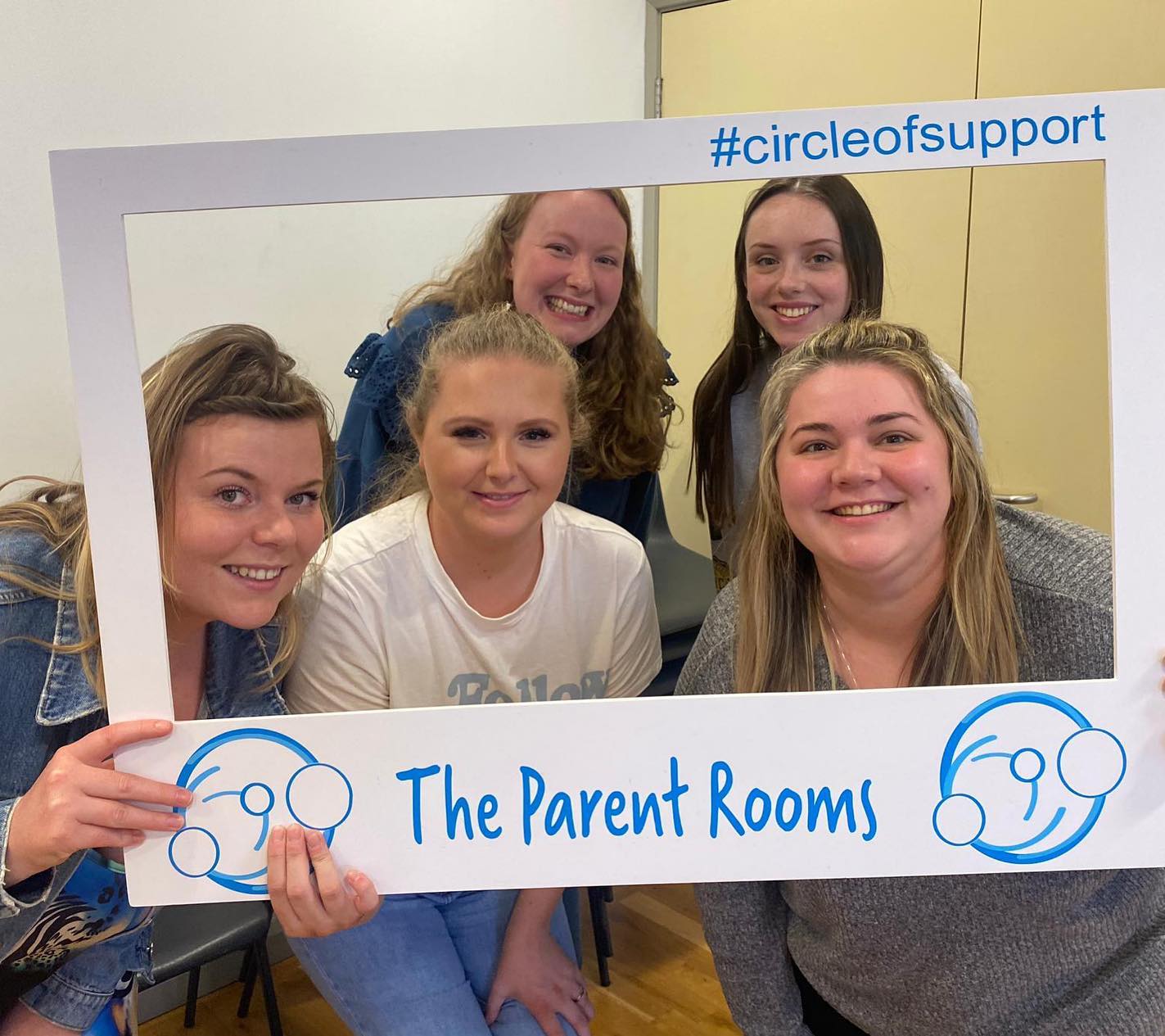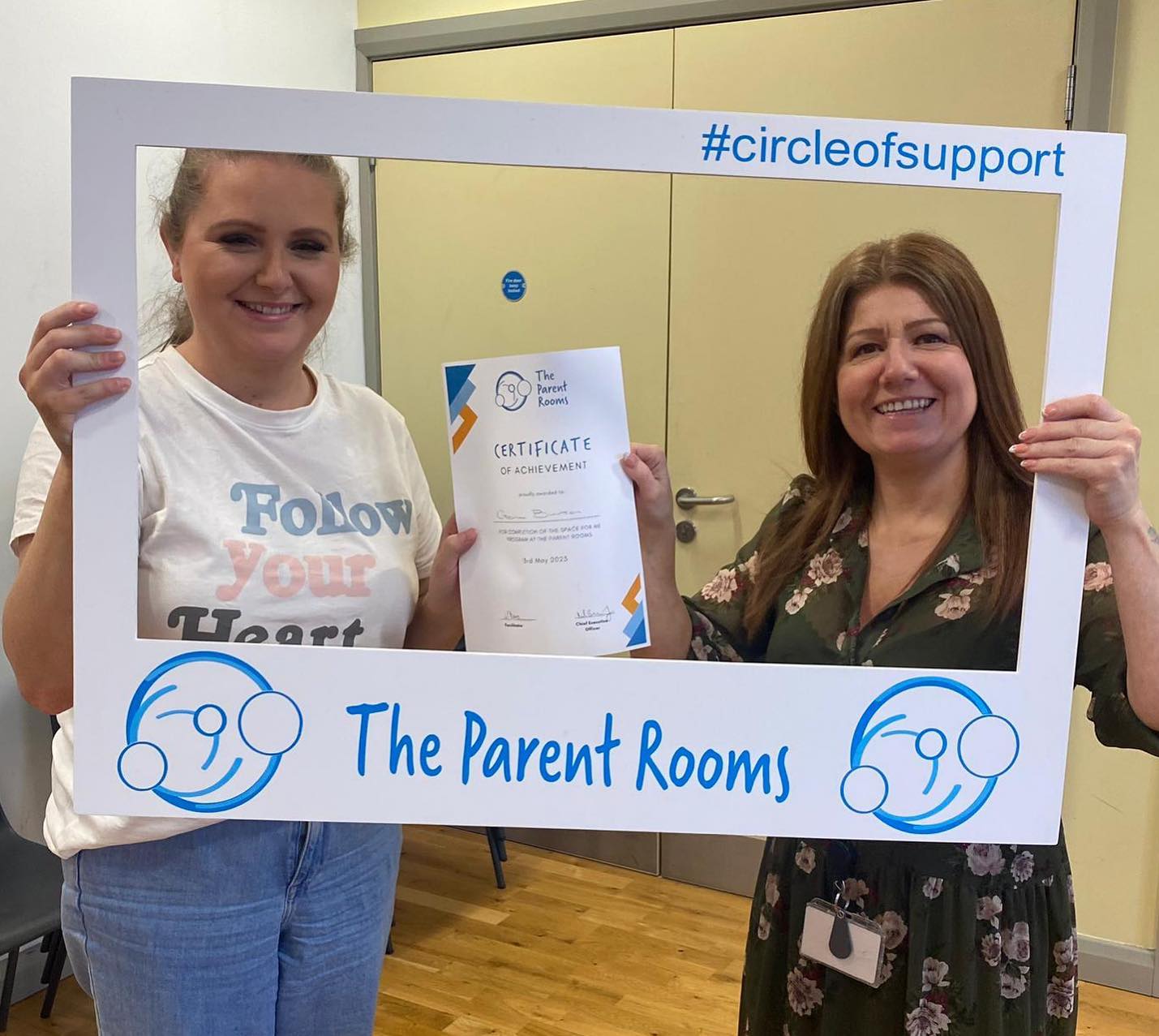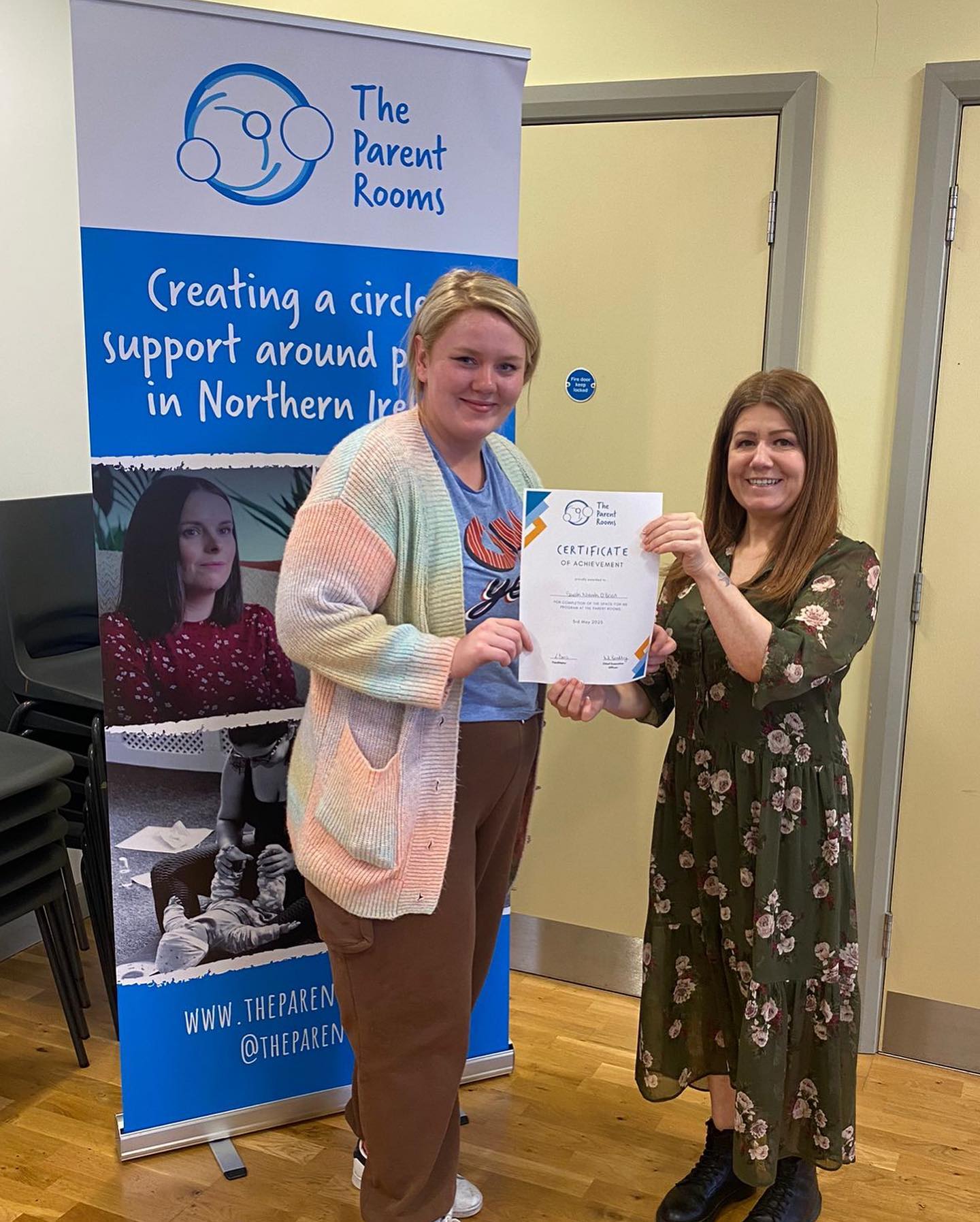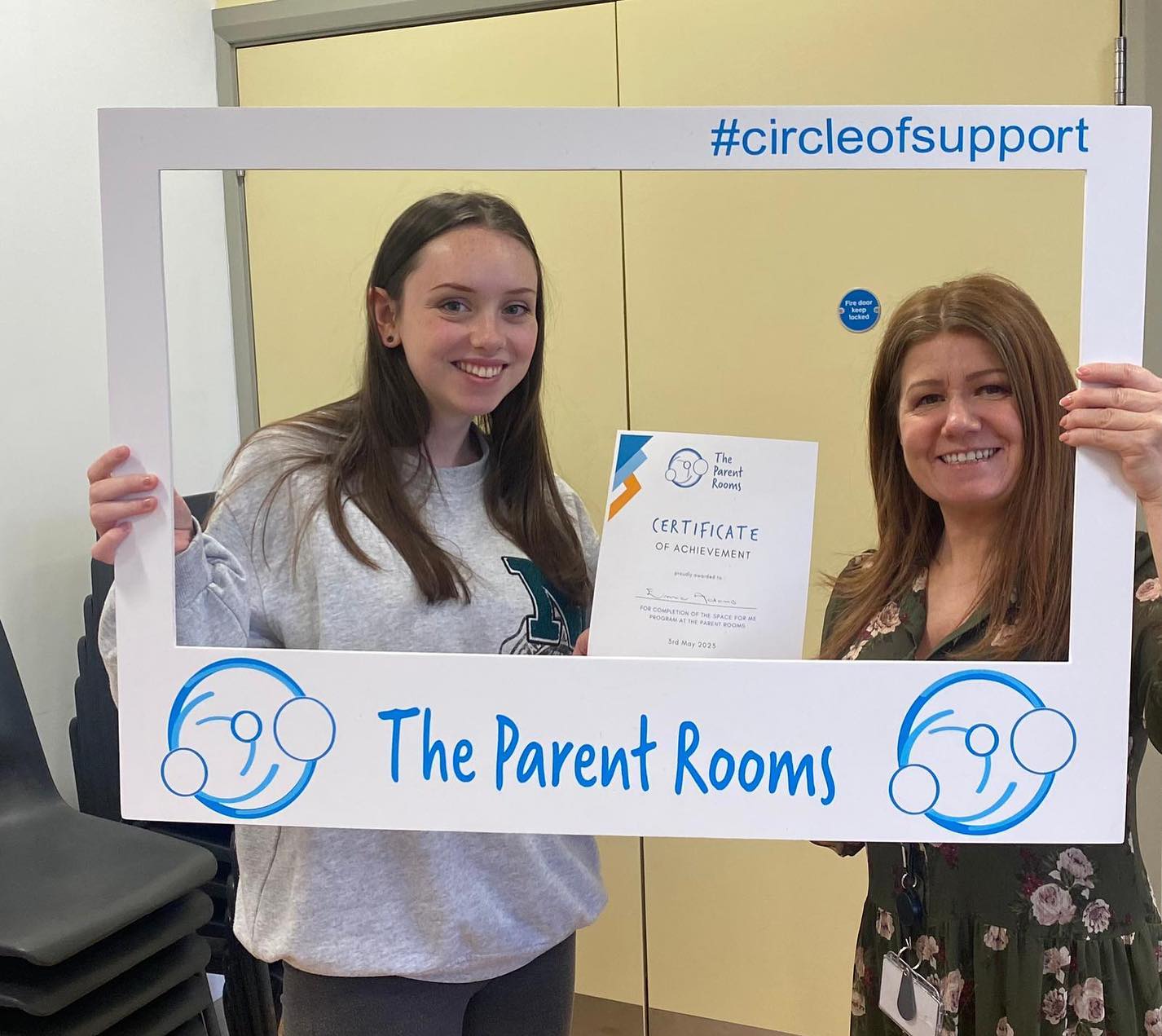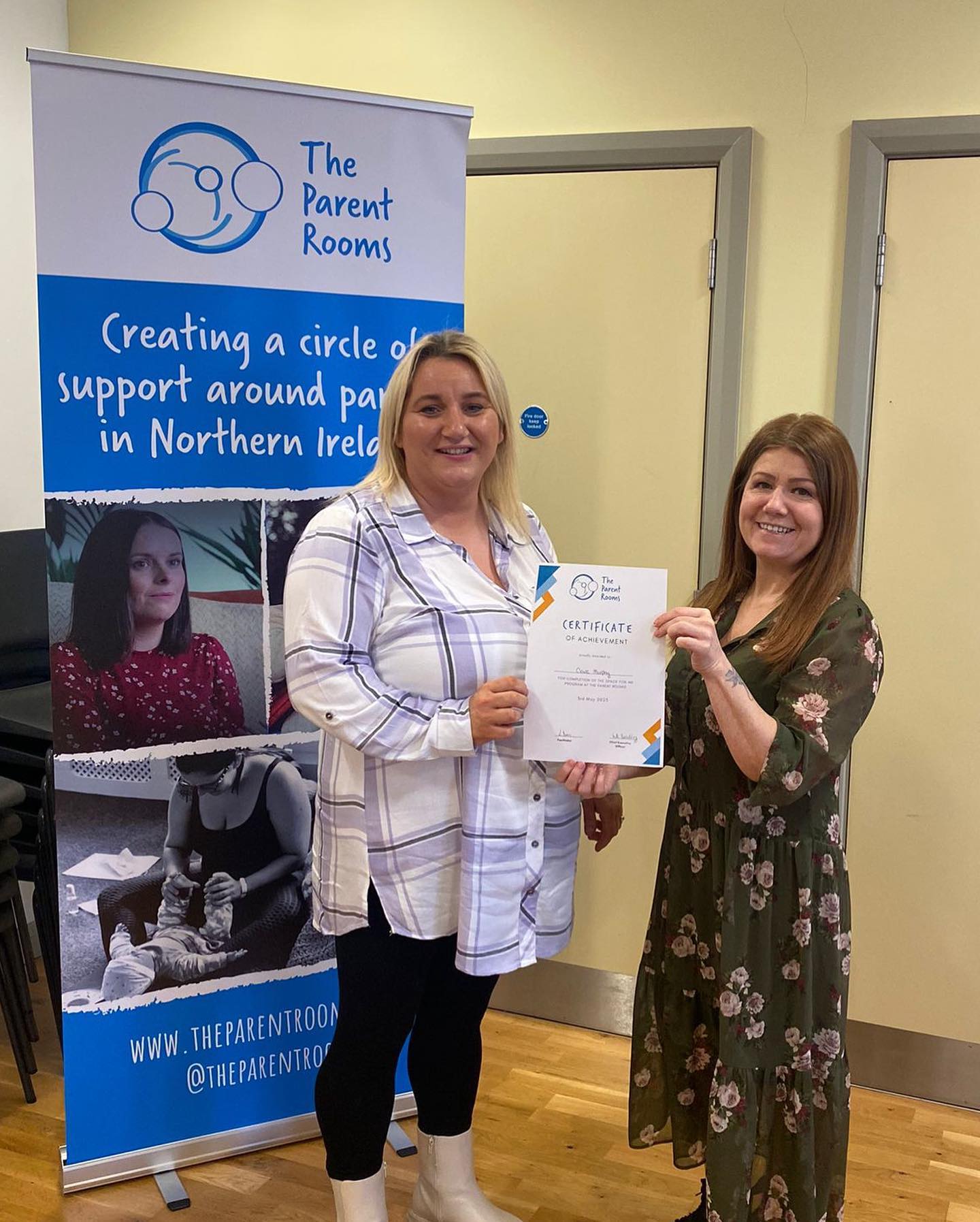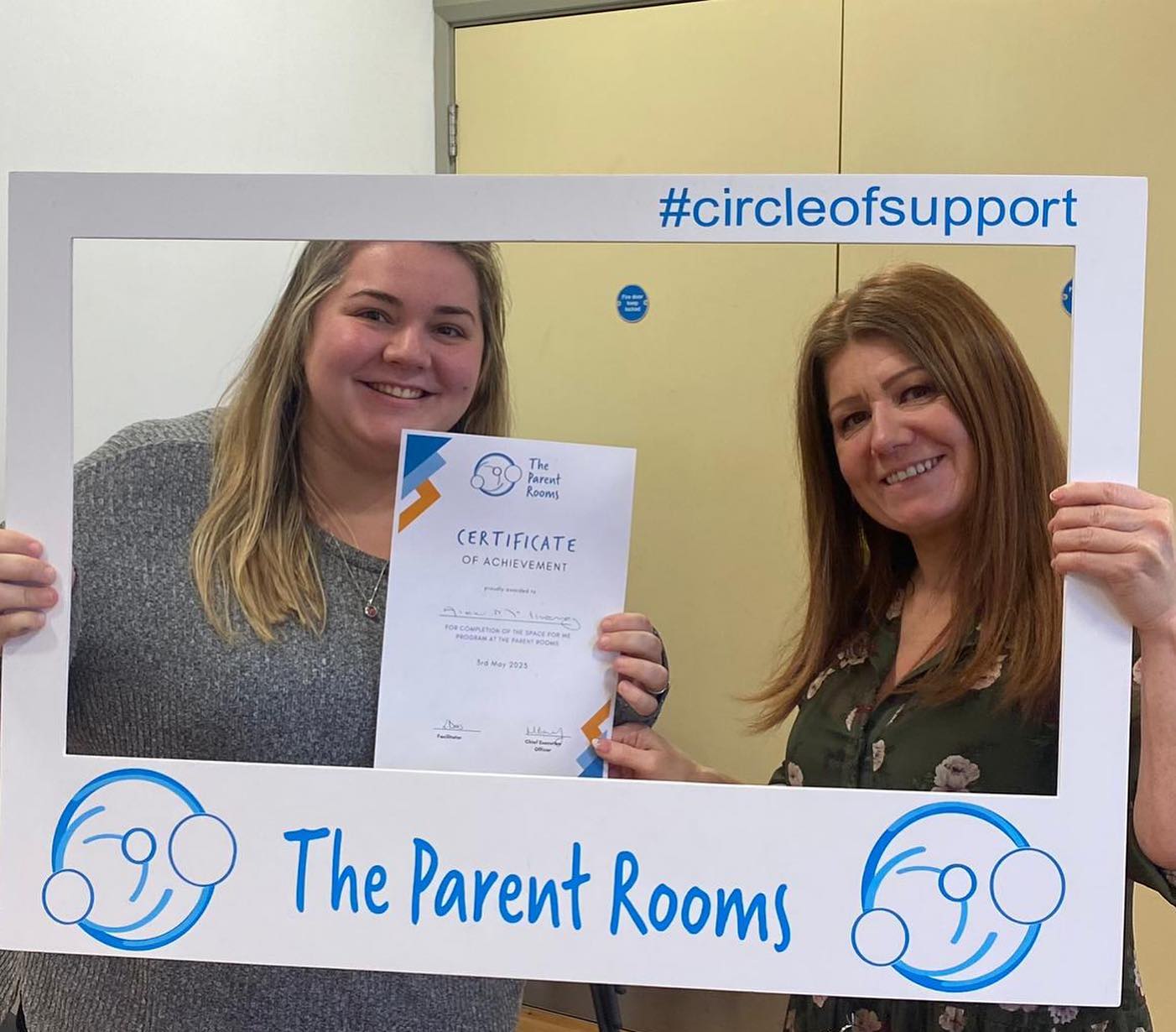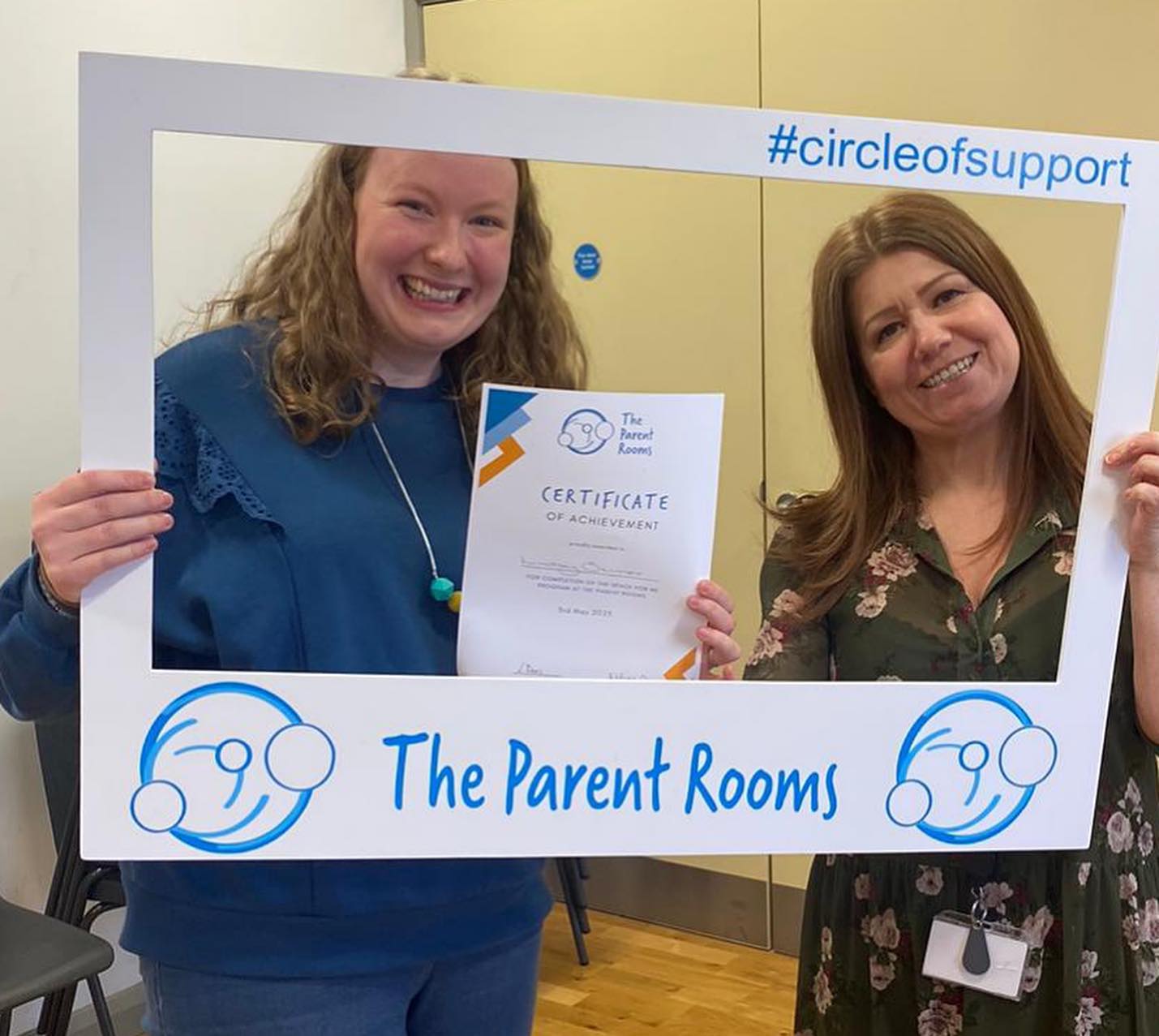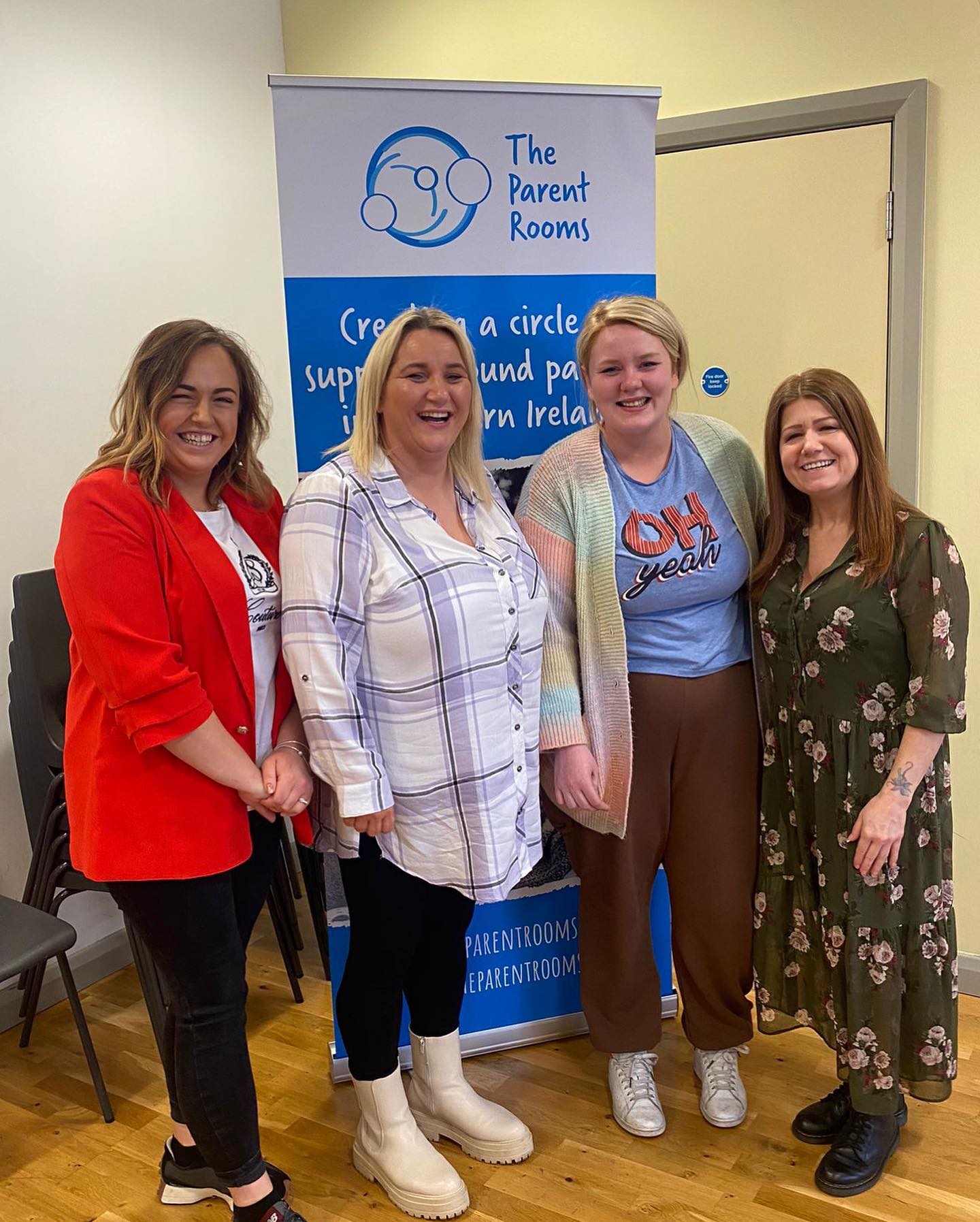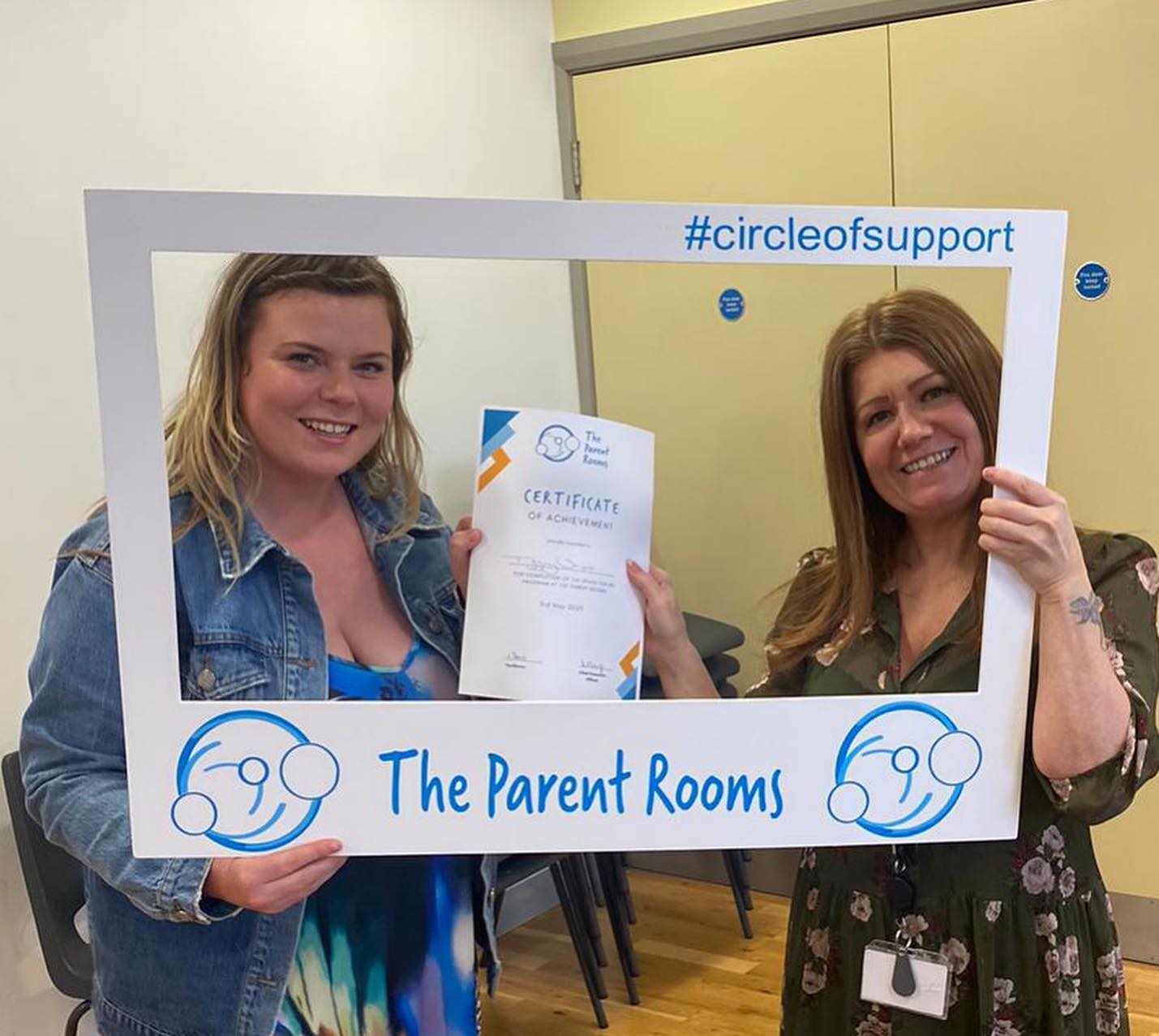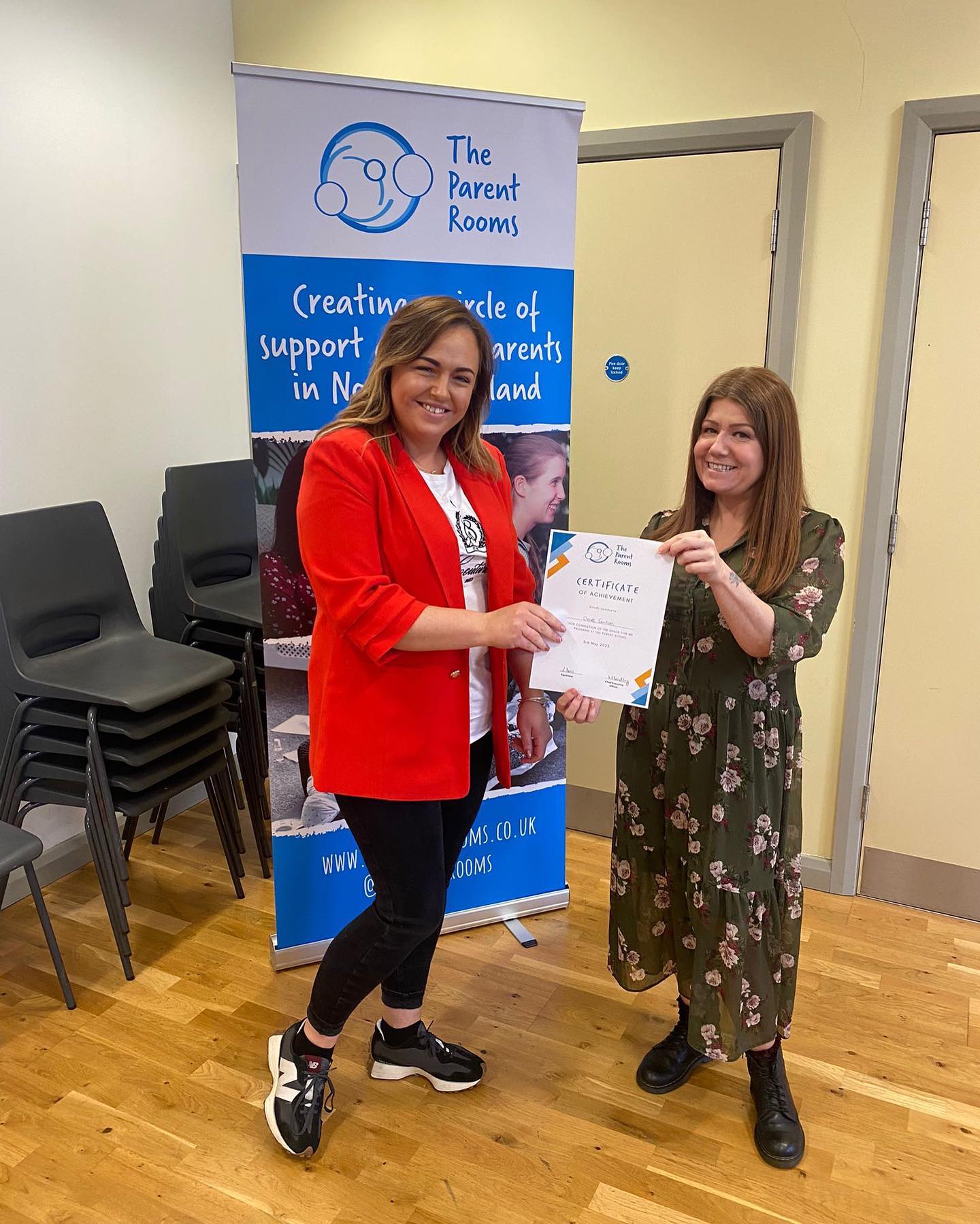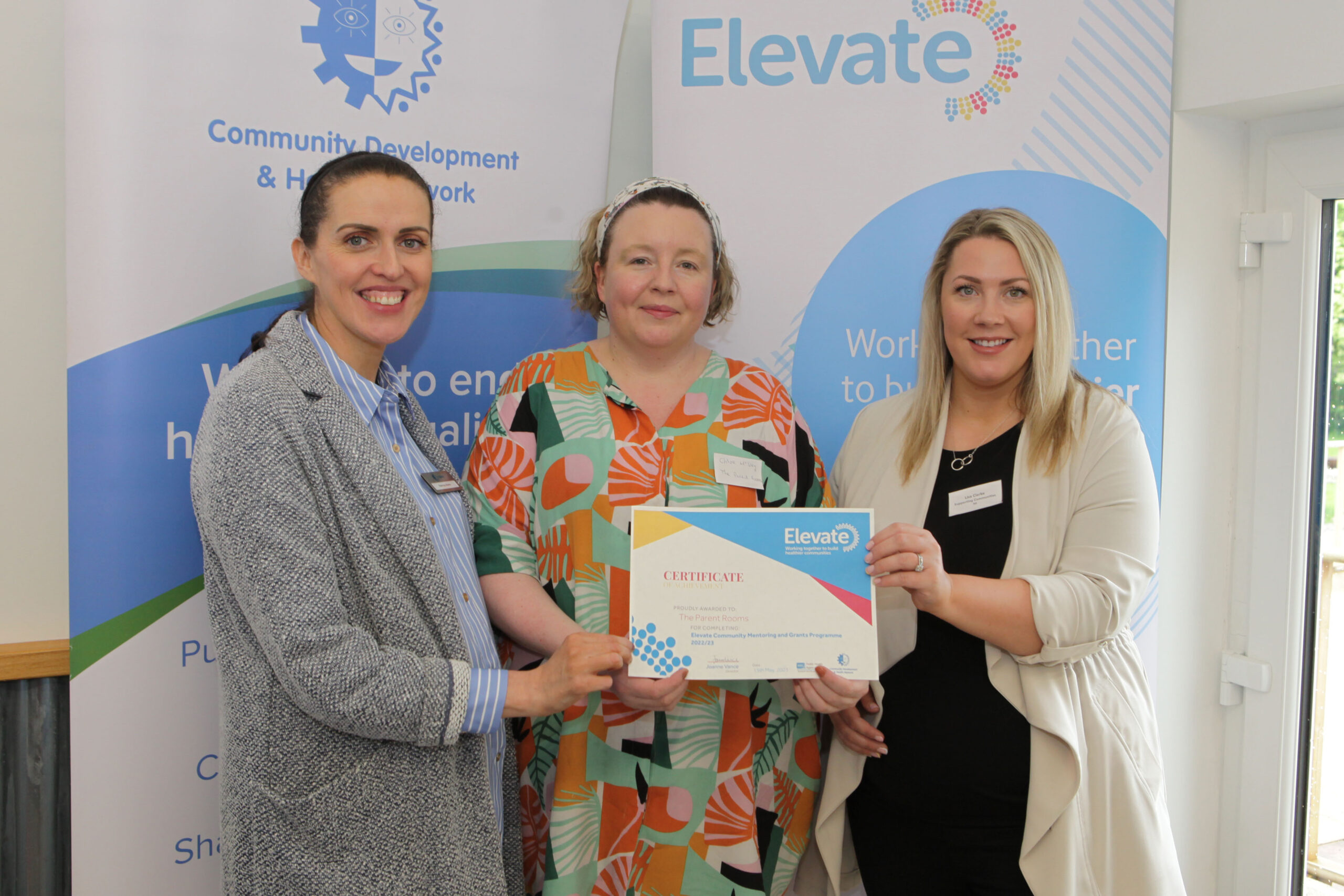

We applied to Elevate to allow us to run our Space For Me and Space For Me 2 programme.
The project addressed local health inequalities for parents who are currently experiencing poor mental health which has been exacerbated by financial difficulties. It allowed 20 parents to access our 12 week mental health recovery program ‘Space 4 Me’ and 20 children (age 3 and under) to attend ‘Space 4 Me too’, an early intervention program for children more likely to face health inequalities.
‘Space 4 Me’ responded to self-identified group need and focused on recovery & sustaining improved health/development for both themselves and their children via:
Each cohort created a ‘Toolkit’ of skills to use to continue to improve their health equity by recognising & mitigating future challenges to their mental health. Where appropriate, the early intervention sessions reflected the content of the session delivery for the parent cohort and parents were provided with an ‘Early Years Toolkit’ with information on what/why/how their children covered in their session and how it might be replicated and sustained to align with their own recovery journey. Both cohorts ran for 12 weeks for 2 hours per session.
The project provided experiences and skills which addressed social determinants of health and improved participants’ levels of health equity.
The project allowed The Parent Rooms to work with a cohort of parents facing pronounced health inequalities (those experiencing poor mental health in the context of socio-economic challenges) and learn from their lived experiences which will instruct how we move forward with our service provision in a manner that remains alert and responsive to health inequalities, both within our local community and those impacting our parents in our Outreach Group areas. We are using feedback and learning from the project to instruct our diversity, equity & inclusion framework, to ensure that we place the five community development values at the centre of our service.
The project addressed issues of health inequality among the group by giving parents living on low incomes the opportunity for some respite, recovery, self-care and the space to take time for themselves. This included creating a ‘Toolkit’ of skills, including awareness of external, specialised services, such as welfare/benefits and housing advice. One parent, whose partner had recently been made redundant due to ill health, was able to access support and advice on additional financial assistance which has positively impacted their household at a time when the family were unsure how they were going to keep up payments on their mortgage. Another was able to access help around specific counselling services for bereavement through the support we provided within the additional, ‘as needed’ 1:1 sessions with our parent advocate, which they described as “life-changing. Since the loss of my father people kept telling me that I should reach out to those [bereavement specialist] services but I just couldn’t face calling them and having to tell someone I needed help. Having someone sit with me and make the call with me was the only way I was going to access that and I know I’d still not have done it if I hadn’t come to The Parent Rooms.”
The mentoring increased our awareness of how and why we should be using and expanding our community development skills as an organization. We have an increased awareness and knowledge of the other charity and voluntary organisations to whom we can signpost our service users and/or invite to collaborate to create more holistic and community development conscious services throughout the community.
Having completed the training the organisation is more alert to the importance of embedding co-production into the design of our programs to ensure that we are taking a community development approach to service delivery which is both effective & authentic. We also intend to establish more collaborative relationships between ourselves and other local charity and voluntary organisations, to add further value to our mutual service provision by sharing learning & taking part in collaborative reflective practice. To continue our work from a more community development focused standpoint. We intend to complete out ongoing DEI project using a community development lens, to include a wider range of service users who are better able to access both our own services and other community services available within the localities in which we operate. We are actively seeking and strengthening partnerships and collaborative
A parent commented on the social connection/group work was so “brilliant because I didn’t feel judged and everyone in the room was sort of in the same boat. Sometimes you go to things and feel like people are looking down on you or thinking you’re not trying hard enough and I didn’t feel that here at all. I’ve made friends with mums from the group and we’re actually really helping each other outside of the sessions. I had [name]’s wee one the other day when she had to go to the doctor and I know that if I need to do something like that in the future she’ll do it for me. That’s exactly the help we all needed.”
